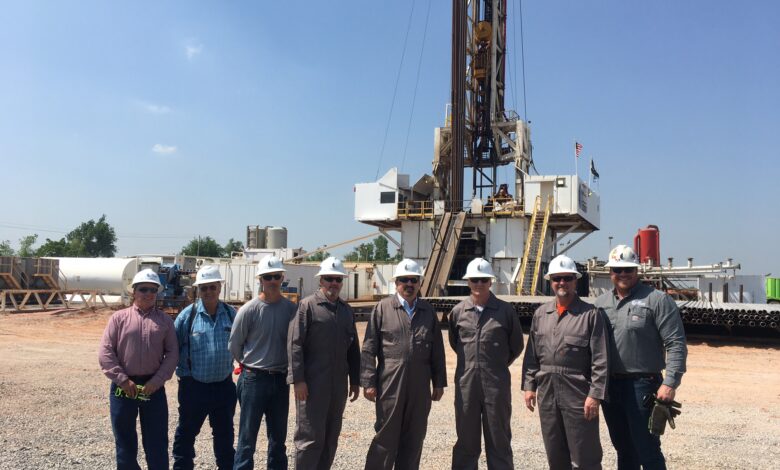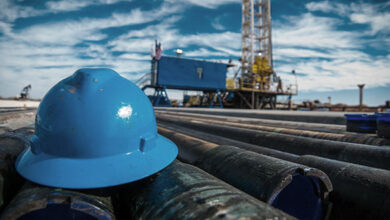Wirelines

API releases policy plan for boosting US production
On 14 June, API released the “10 in 2022 Plan” to combat high energy costs in the US and fuel economic recovery. It calls on policymakers to make these policy changes:
- Lift development restrictions on federal lands and waters;
- Designate critical energy infrastructure projects to support the production, processing and delivery of energy;
- Revise the National Environmental Policy Act process by establishing agency uniformity in reviews, limiting reviews to two years, and reducing bureaucratic burdens placed on project proponents in terms of size and scope of application submissions;
- Amend the Natural Gas Act to streamline the US Department of Energy to a single approval process for all US LNG projects;
- Reconsider the US Securities and Exchange Commission’s climate disclosure proposal and ensure open capital markets where access is based on individual company merit;
- Rescind steel tariffs that remain on imports from US allies, and accelerate efforts to relieve port congestion so that equipment necessary for energy development can be delivered and installed;
- Expand and extend Section 45Q tax credits for carbon capture, utilization and storage development and create a new tax credit for hydrogen produced from all sources;
- Ensure that future federal agency decisions continue to allow US refineries to use the existing critical process technologies to produce the fuels needed for global energy markets;
- End permitting obstruction on natural gas projects; and
- Support the training and education of a diverse workforce through increased funding of work-based learning and advancement of STEM programs to nurture the skills necessary to construct and operate oil, natural gas and other energy infrastructure.
BSEE proposes formal regulations around use of novel, HPHT technologies
The US Bureau of Safety and Environmental Enforcement (BSEE) has proposed regulations around the utilization of new or unusual technology, including equipment used in high-pressure and/or high-temperature (HPHT) environments, on the Outer Continental Shelf.
The proposed rule would formally codify BSEE’s existing practice for reviewing and approving novel technology projects. Specifically, it would:
- Require submission of information in an order that provides both operators and BSEE the ability to evaluate whether a new or unusual technology project is economically and operationally feasible;
- Add specific equipment requirements, particularly for barriers, through new regulations and incorporation of industry standards; and
- Require independent third-party re-view of operator submissions, in certain cases, or provide BSEE with the ability to require independent third-party review.
IADC calls DOI out on decision to halt lease sales
IADC issued a statement in May calling the US Department of Interior’s (DOI) decision to halt oil and gas lease sales harmful.
“The Biden Administration’s calls for more domestic production and lower prices in the North American market simply do not square with its repeated decisions to cancel, delay and otherwise make unfeasible, federal oil and gas lease sales,” IADC President Jason McFarland stated. “Federal leasing is critical to ensuring increasing production and the continued employment of hundreds of thousands of workers. It is extremely disappointing to see the Administration continue to shift blame to the upstream industry, to the courts, to other nations, and back around again, for an anemic exploration and production outlook that is a direct result of the its own misguided policies and poor planning.”
IADC also noted that such decisions will only exacerbate the growing uncertainty of global energy markets at a time when affordable, secure energy is a top priority.




